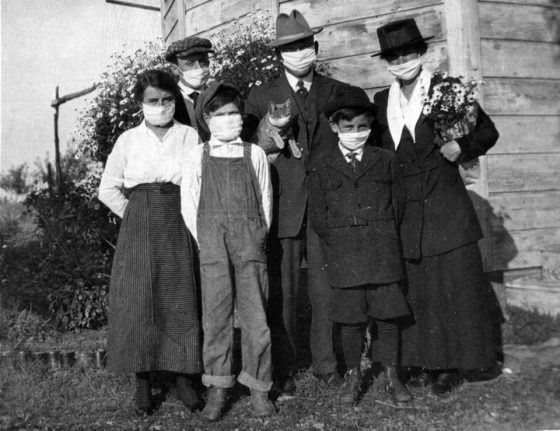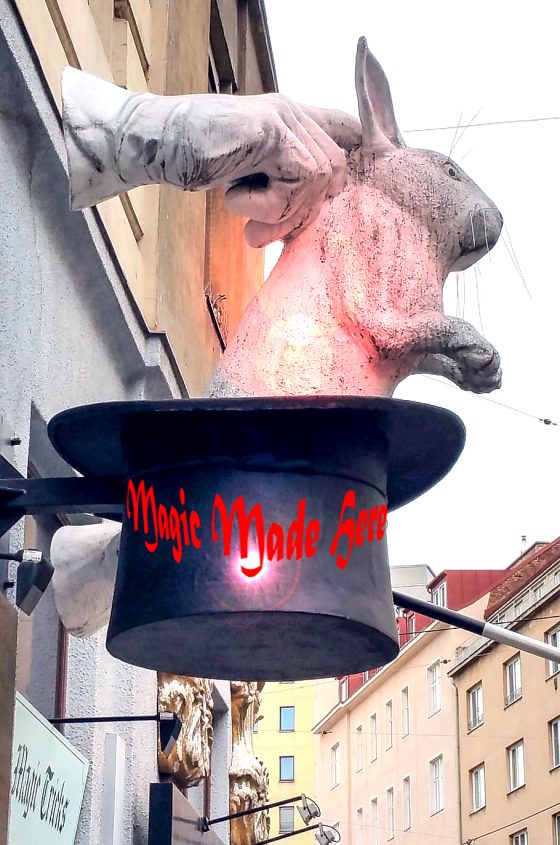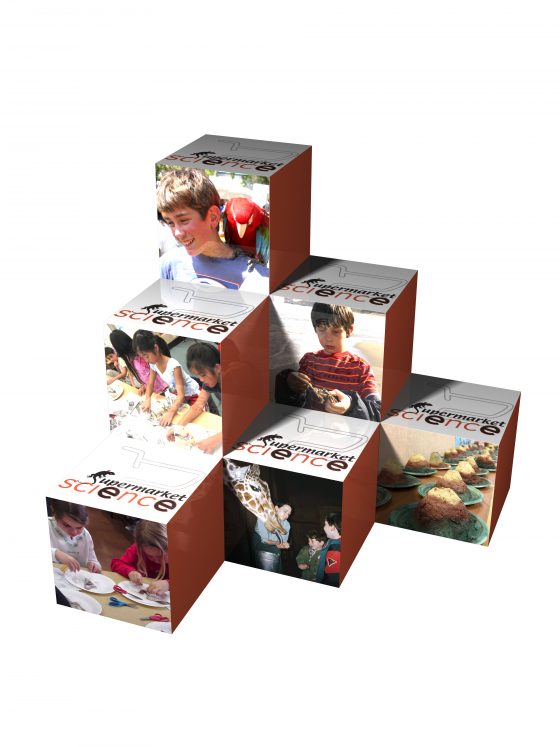
It is less than 600 hours until the 2020 elections. The last four years (longer, really, due to all of the campaigning for the 2016 elections) have been exhausting. If ever the world needed a lesson about the curse of “may you live in interesting times,” we got it these past years. The pandemic, the economy, the ugly politics all combined to make it so difficult to actually do the things we love to do. The outside world takes so much emotional, intellectual, and physical energy, that there is very little left for creative life, not to mention family and friends (whom we don’t get to see in person until next summer if we are lucky). But it’s important to stay productive. It is important to follow one’s passions, whatever they are. For humans, mere survival has never been enough. We’ve been crawling into the deepest caves to leave imprints of our imagination for posterity for many many thousands of years. Humans are born to create wonders. Here’s an example from almost 30,000 years ago and a mile deep into a French mountain: Clearly, people told stories to each other for millennia and found imaginative ways of saving them for…






